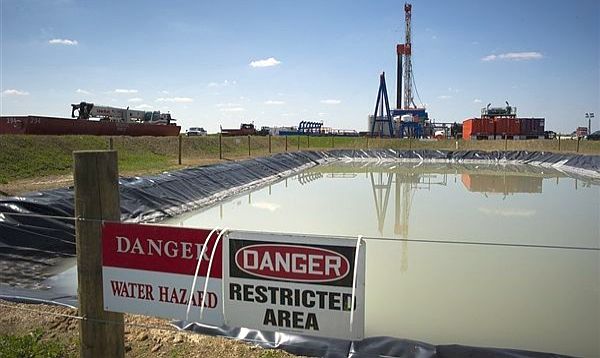Mexico City, Mexico – The water used to produce natural gas in Mexico via hydraulic fracturing, or "fracking," will not come from aquifers, federal officials said.
Concerns have been raised about the use of fracking in Mexico, with environmentalists and leftist politicians contending the technique harms the environment and people’s health.
Fracking is controversial in many countries because it involves pumping a pressurized fluid – usually composed of water, sand, and chemicals – into a shale formation to create a fracture in the rock layer and release trapped petroleum or natural gas.
Anti-fracking groups contend that the technique pollutes aquifers and causes earthquakes in the areas where drilling takes place.
"Fracking does not require fresh water, you can use wastewater, you can use sea water, and you can use the same water utilized for the drilling," National Water Commission (CONAGUA) director David Korenfeld said.
The drilling technique will be regulated by the same rules for industrial water use, requiring firms to adhere to the same standards, the CONAGUA chief said.
"What CONAGUA will do is to precisely monitor the amount of water used, so any public, private, or joint operator will have to get a permit to drill wells. Which will not interfere with aquifers because they are deeper down," Korenfeld said.
Mexico’s energy reforms and implementing legislation, which has been approved, open the way for using fracking in the production of natural gas from shale formations, Environmental Secretary Juan Jose Guerra said.
"We cannot deny that fracking or any other economic activity can have an impact on the environment. But the environmental advantages we are going to have from the availability of natural gas will undoubtedly outweigh the potential damage we might have from fracking operations, or any other type of hydrocarbons activity," Guerra said.
Original Story


